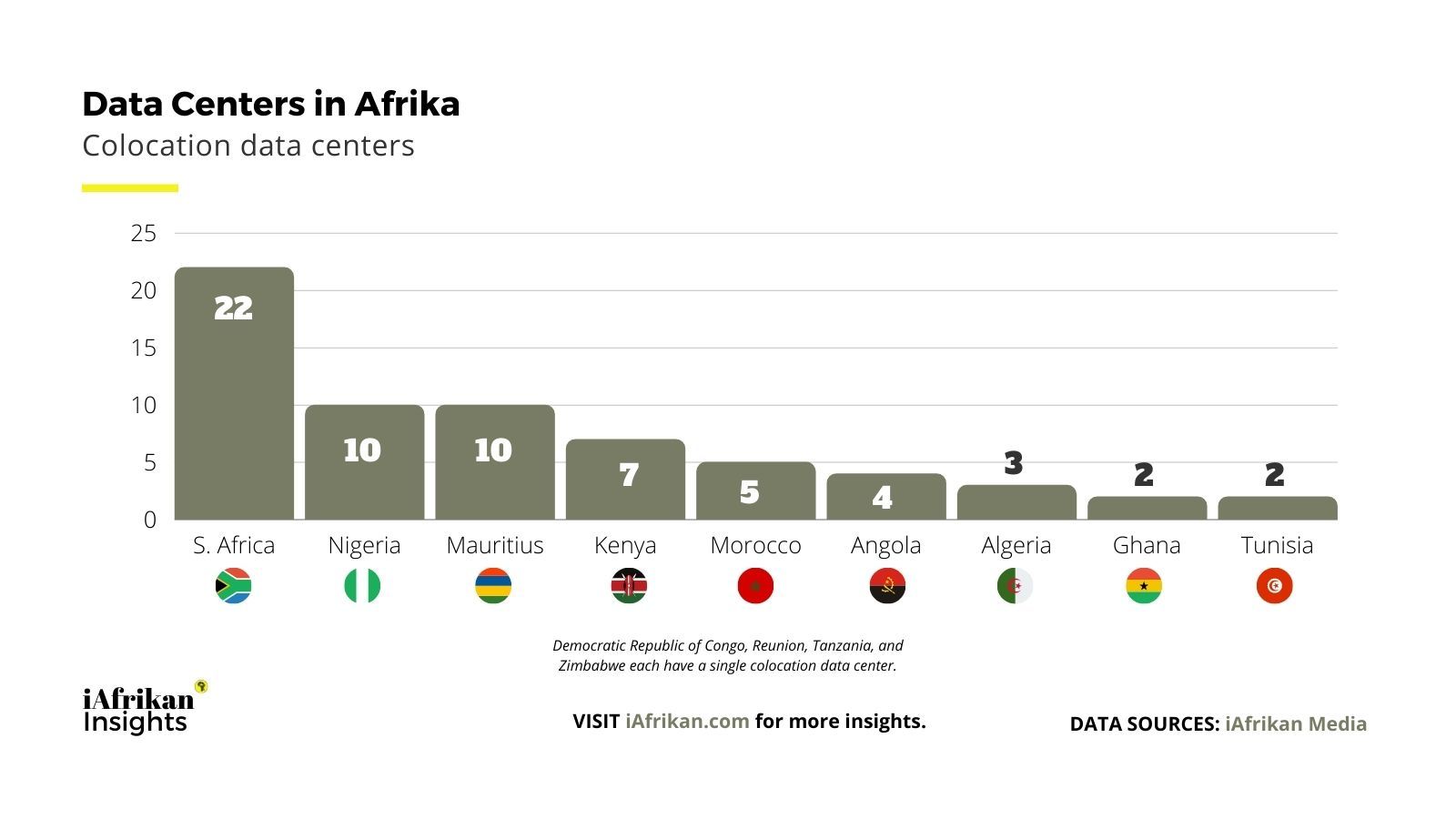By Bataung Qhotsokoane
The ever-changing interaction between humans, labor, and material has never been a more difficult subject for humanity's future than it is now. Through the numerous industrial stages, man progressed from manual labor to machine manufacturing driven by steam engines, ushering in the era of mass production.
What followed afterward was the discovery of electricity and the creation of the internal combustion engine. These new energy sources enabled more automation in manufacturing. Steel mass manufacturing is being used to build railway networks.
Cloud innovation
The next stage in the industrial race is cloud computing technologies. Cloud computing is a novel paradigm that enables network access to pooled computer resources on-demand. This architecture enables online management, storage, and processing of data. The technology's magic is its scalability, which allows clients to access shared digital platforms while saving money.

The largest cloud game players are multinational tech groups.
The lack of authentic domestic participation is a developmental dilemma that must be taken seriously and urgently addressed. In order for artificial intelligence (AI) to work seamlessly with other integrated networks, data infrastructure is the rock on which cloud capabilities are built, aiding AI systems.
A matter of national security
Increased data center localization is essential on the continent. I contend that it is even a question of national security. While information security requires that essential information repositories be located inside one's jurisdiction, our data is housed in foreign data banks, exposing us to espionage and cyber assaults.
Assume South Africa adopts a policy that is unfavorable to a global superpower such as the United States or China. In response to this attitude, the global superpower imposes an information embargo on South African data stored in data centers under their authority.
This cyberwarfare approach is simple to implement and may be used to deny government and industry access to services and/or decision-making information.
South Africa's National Data & Cloud Policy Draft
The National Data & Cloud policy draft, published earlier in 2021 in the South African government gazette, is the South African government’s effort to ensure data sovereignty. The draft policy calls for “the South African government to play a more central role in the collection, dissemination, and analysis of its data”. The draft policy suggests that data generated and owned by the government be stored and processed in a government High-Performance Computing & Data Processing Center. More interesting, the draft policy suggests the designation of nationally critical information infrastructure, on data centers housing critical cloud computing.
Science, technology, engineering, and mathematics have always been the tools civilizations use to exert their economic, military and political strength. Just as was in the Cold War, Africa is in an innovation battle over its cloud computing landscape. Multinationals are quickly scrambling and consolidating their pole positions as ‘kings of data’ in Afrika. Afrika and its children in the diaspora must begin to expose themselves and investigate this new digital frontier. Afrika’s true independence lies in its crusade to conquer its own cloud back!






